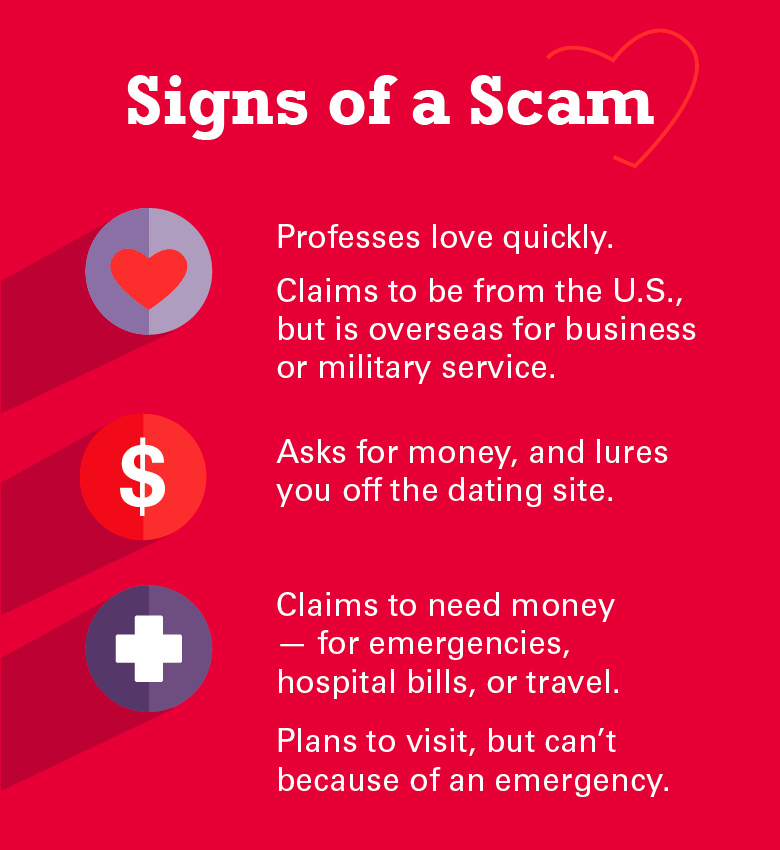
Technology is making catfishing a new art form that is getting better every single day. What is catfishing? Catfishing refers to when a person takes information and images, typically from other people, and uses them to create a new identity for themselves. Therefore, I was struck by this when a tweet by my friend Dave Birch noted a news item the other day:
The article Dave refers to is this one, which reports that Benedict Cumberbatch was very keen to join in an independent film production for $250,000. The company producing the film were approached by Cumberbatch’s agent and then had a conference call with the man himself. Except it wasn’t the man himself. It was a fake. They only realised it was a fake because Mr. Cumberbatch was very reluctant to meet in person. Well spotted as research by McAfee found that across ten percent of people have been targeted by an AI voice scam. They show remarkable effectiveness too, with 78% of those reported in such scams saying that they lost money as a result.
What intrigues me in all this is that the door is open, the horse has bolted, the barn gate cannot stop it.
The opportunity to fool people into losing tens of thousands is right there, right now.
Between deep fake tech and AI voices, we can create humans who appear to be credible but are pure inventions.
What intrigues me in this space is how humans want so much to create virtual humans. From the android in Alien (Bishop) to the robot in Ex Machina [Ava] to the scary vision of a future run by machines in Terminator [I’ll be back], we seem to have this crazy focus on creating machines that look like us and can fool us.
And that second part if the key. Machines that can fool us. Machines that can fool us into moving money to people who are criminals. This is probably the biggest development of our times. Machines that can fool us.
Everything from simple messaging scams – you have a parcel with tax that needs to be paid before you can collect – to romance scams where social media allows us to create fake relationships …
… the world is open to everything.
The world has moved far away from the old and simplistic 419 scam to a place where your CEO is fake to a place where you can believe you are talking with a friend in real-time when you’re not, via AI.
It is a world we are developing and building that allows such things to happen. After all, on the one hand, we all want AI to automate the mundane and augment the human. We want our world to be one where, if we don’t like our real-life, we can have another life. A second life, as once was promoted heavily. However, the more we promote virtual lives with technology, and use AI to run our world, the more we will be duped, faked and caught in a world of fraud.
How can you tell the real from the unreal? How can you separate the fiction from the fact?
But then maybe we don't need tech to do this. I can just endorse an identity for $10,000, and away you go.
Chris M Skinner
Chris Skinner is best known as an independent commentator on the financial markets through his blog, TheFinanser.com, as author of the bestselling book Digital Bank, and Chair of the European networking forum the Financial Services Club. He has been voted one of the most influential people in banking by The Financial Brand (as well as one of the best blogs), a FinTech Titan (Next Bank), one of the Fintech Leaders you need to follow (City AM, Deluxe and Jax Finance), as well as one of the Top 40 most influential people in financial technology by the Wall Street Journal's Financial News. To learn more click here...


